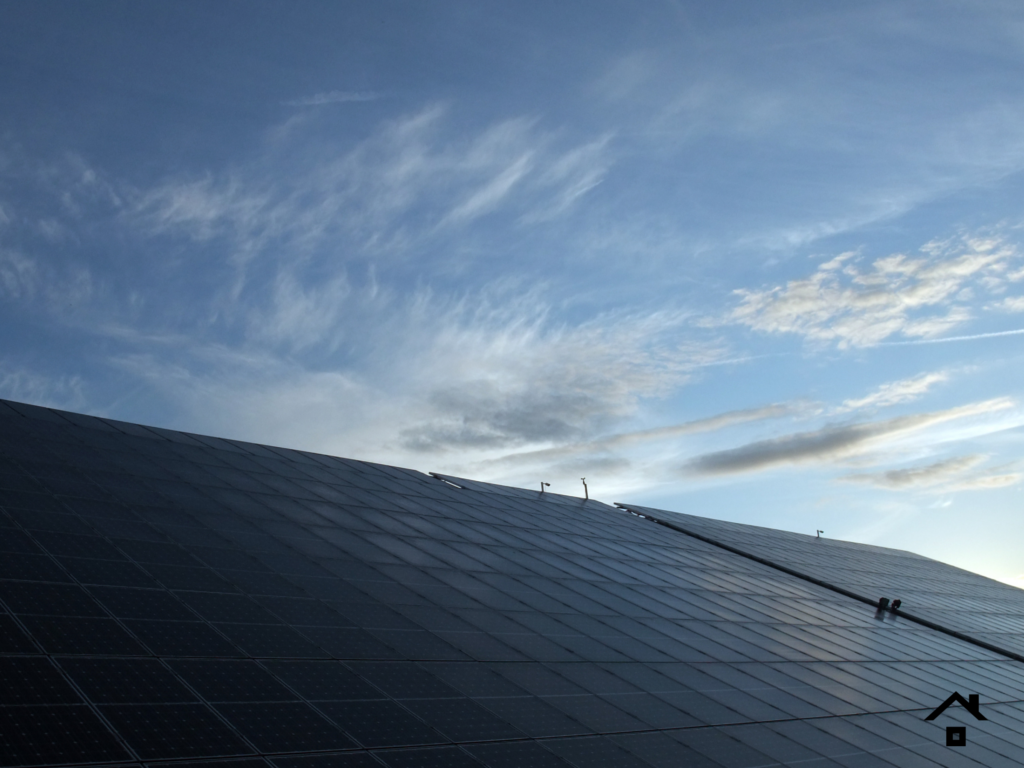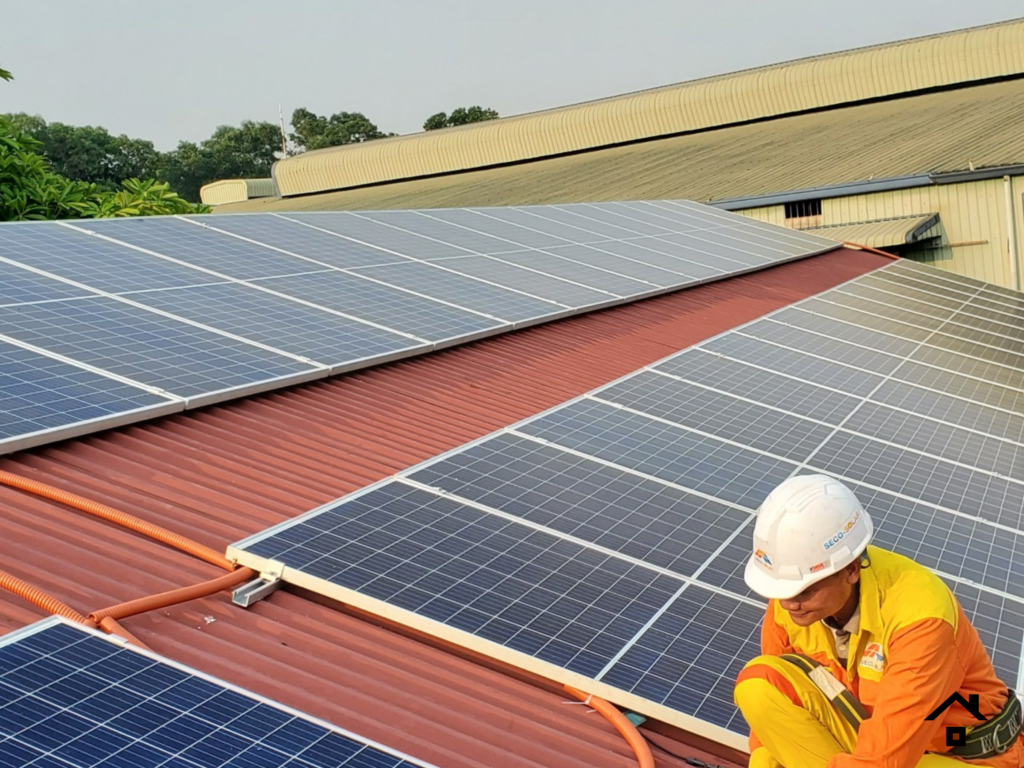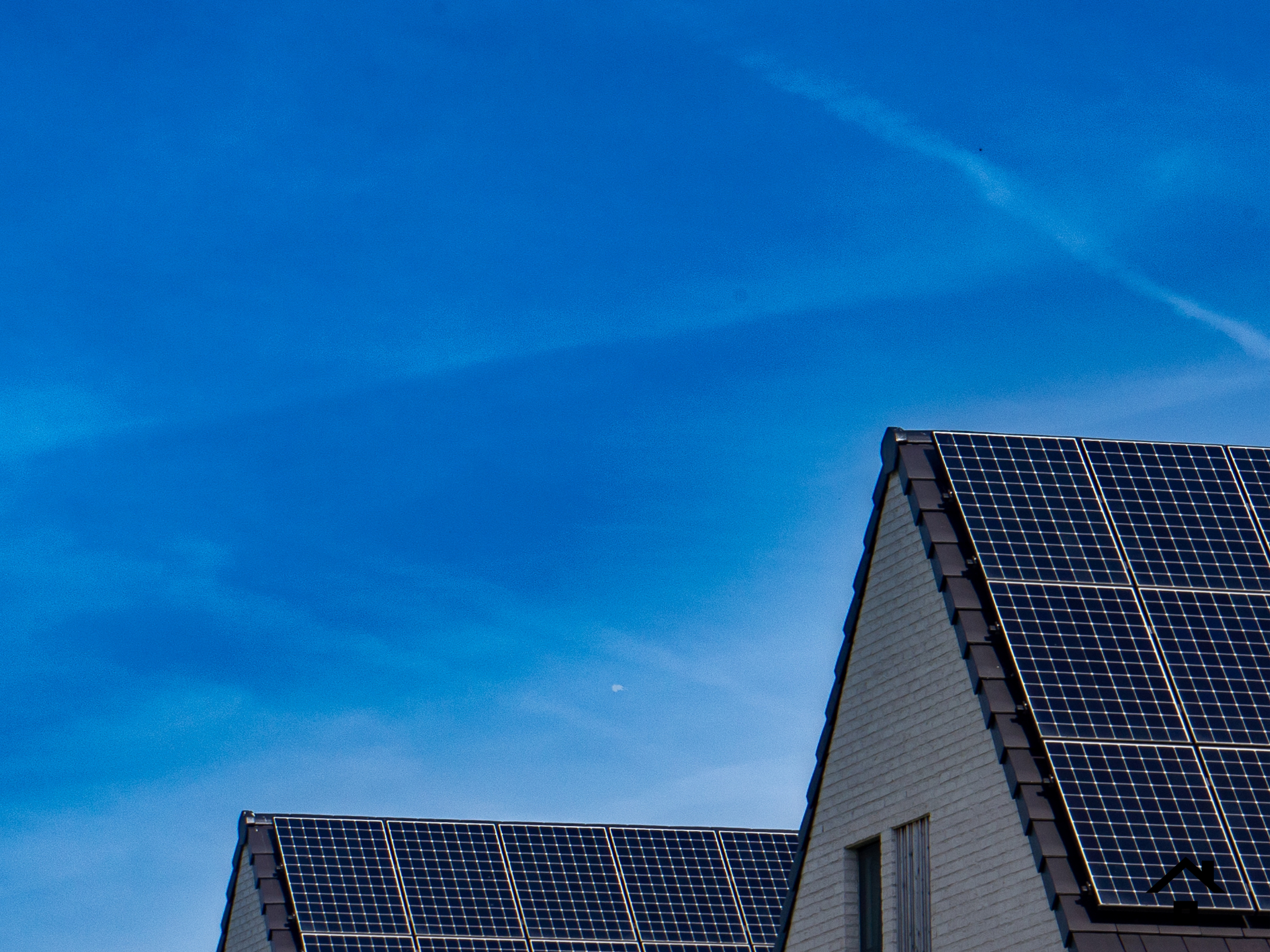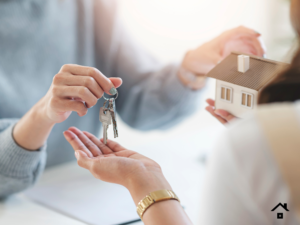We get salespeople knocking on our home door who pitch solar panels. They usually pitch a solar panel loan to finance the cost over 20-30 years at a fixed monthly payment.
They claim that your utility electric bill will always increase and you can’t control what they charge. Their claim: Take back the power and compete against rising costs you can’t control, because your solar panel loan payments will not change (unless you have a teaser interest rate during the first year or two).
By the way, that “always goes up” claim is not true. Simple internet research on your power company press releases will find rate changes.
For example, I can see on Florida power and light that there are at least two decreases planned for April and May 2024. (Source: their website for an example).

There are many other issues related to owning solar panels while you live in your home.
Today, let’s tackle the most common solar panel challenge we face as real estate agents on the Treasure Coast of Florida.
But What if I Sell?
A good question a wise homeowner will ask during the solar panel sales pitch is “What if I sell my home before I pay this off?”
The salespeople will give you an appealing answer:
“We will let your buyer assume the remaining balance of your loan. You can transfer the solar panel loan to the buyer. It’s easy.”
Satisfied, you install solar panels, take out a long-term loan, and enjoy the feeling of doing green energy things, controlling your monthly cost, and not having to pay the electric company (except for the monthly connection fee).
After all, this is your home for many years into the future. You can afford the monthly payment on your solar panel loan.
But then, a change in life happens.

Life Change – Time to Sell Your Home with a Solar Panel Loan
However, a life change now has you preparing to sell your home. That might be upsizing, downsizing, employment change, or change of marital status. You have a long-term solar panel loan, but now it’s time to sell.
With a solar panel loan, you face three options when you go to sell your home:
- You can pay it off at closing.
- Ask your buyer to assume it.
- Negotiate a paydown, and ask the buyer to assume the balance.
Remember the solar panel salesperson who said how easy option 2 would be?
Let’s see what the existing home sales data reveals.
What the Sales Data Says on Homes With A Solar Panel Loan
We analyzed over 6 months of data on single-family homes in Port St Lucie with rooftop solar loans.
It is a spot check at a moment in time. It is dependent on written descriptions available in the Multiple Listing Service (MLS). A future analysis may show different outcomes on a different mix of houses, making this more of an anecdote on a particular location on publically available data in our local Port St Lucie real estate market.
The sample over 6 months provided 83 listings of homes for sale or sold that included rooftop solar panels.
We looked at every MLS note, and researched loan records (as they are public documents) after transfers.
- Closed: 3 out of 4 transactions had the seller pay off the loan.
- Pending: 6 out of 7 have the seller paying off the loan. That 7th one may change from buyer to assume to seller paid.
- Expired / Cancelled / Withdrawn: 7 of the 11 asked the buyer to assume the loan.
- Active: 21 homes advertising solar loans will be paid off by the seller, 14 asking the buyer to assume, and 7 are not specific.
The outcome: nearly 75-80% of home sellers who have a solar panel loan have paid or will pay it off at closing to get their house sold.
You are more likely to have your listing expire or not sell when you ask the buyer to assume the loan.
While getting a buyer to assume the loan has happened in about 1 in 4 transactions, there are reasons why this low number is the proverbial unicorn or needle in the haystack.

Obstacle 1: Maximum Loan Amount
First, pre-approved buyers have a maximum purchase limit based on the loan and the amount of downpayment.
Your potential home buyer might be pre-approved for a purchase amount of up to $400,000. Your home with solar panels priced at $395,000 will appear in their searches. A good real estate agent would have a drone photo of your solar panels.
Yet, if they have to assume the solar panel loan of $50,000 on top of that purchase price, your buyer might no longer qualify for up to $445,000.
They will have a conversation with their lender. There is a possibility your buyer will not qualify for both loans.
Obstacle 2: Maximum Monthly Payment
Second, pre-approved buyers have a maximum monthly mortgage payment. This is based on the expected monthly payment in proportion to their debt to income.
Mortgage lenders will require recalculating the debt-to-income ratio and discover if assuming a solar panel loan will lower their maximum purchase price.
YOU might think the solar loan payment you make is a replacement for a utility payment.
But, our mortgage lenders tell us it is installment debt to be included in a buyer’s debt-to-income ratio. This will affect the maximum monthly payment.
There is a possibility your buyer will not qualify.
Obstacle 3: Loan Approvals
Third, the solar loan company has to approve your buyer AND agree to subordinate their lien to the new incoming mortgage.
The buyer might be paying recording fees, credit fees, and documentation prep fees for all of the paperwork along the way.
There is a possibility the solar panel loan may not be transferrable.
Obstacle 4: Low Market Demand from Home Buyers
Fourth, our home buying experience with our home buyers starts with searches based on their “must have” criteria.
Of our current actively looking buyers, no one has requested a home with solar panels as a “must have” filter criterion.
Through searches, the next step in the home buying cycle is to see the homes. When we tour homes, we encounter an attitude of indifference about solar panels if the home has them.
Other real estate agents might have different buyers excited about solar panels, green energy, and have solar panels as a “must have” on their shopping list.
It’s not yet on any of our customers.
Obstacle 5: Is There Value to A Solar Panel Loan?
Fifth, our experience indicates buyers find value in a home with solar panels if the loan is paid off. It feels like a bonus value that could tilt a purchase decision over a home with a solar panel loan or a home without solar panels.
But home buyers might feel they are overpaying if they assume the solar loan.
If you put yourself in the home buyer’s shoes, ask yourself, “Would I pay full price for this house and then buy someone else’s debt?”
In our transaction history, homes with solar panels had no added value to the appraised price. Appraisers (at this point) are not including solar panels that have loans on them as a bump in market value.
Bottom Line on Selling a Home with a Solar Panel Loan
In every home sale we have done with solar panels involved, the seller has paid off the loan to get it closed.
While a spot check of our local market revealed that 1 out of 4 transactions successfully closed with the buyer assuming the solar loan, there are many obstacles to overcome to find the right buyer
That will translate into days on the market for you, additional mortgage payments, and eventual price reductions in an attempt to attract buyers.
Your goal is to sell your house and move on to what’s next. Your fastest way to sell your home that has a solar panel loan is to offer to pay off the loan with your equity.



